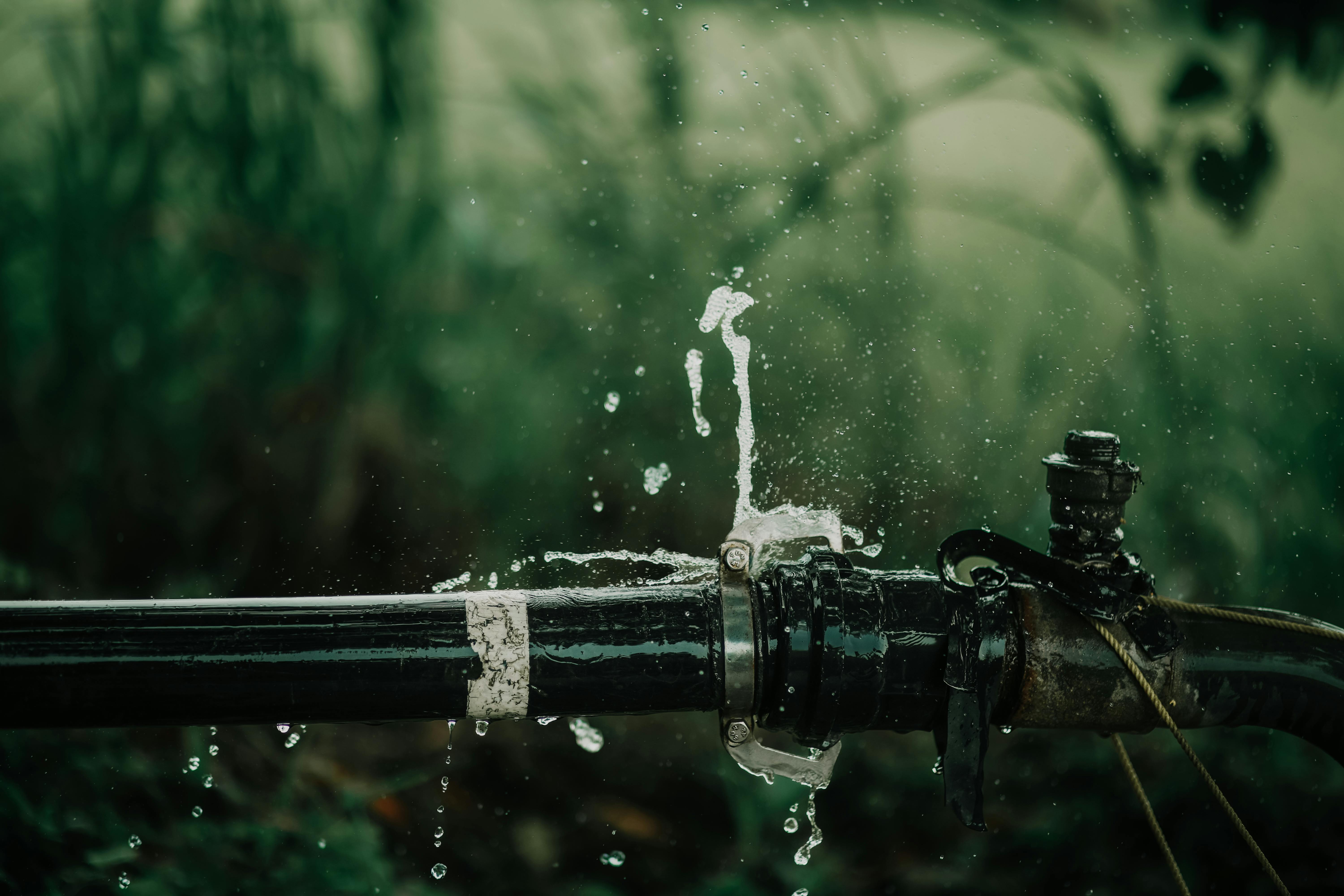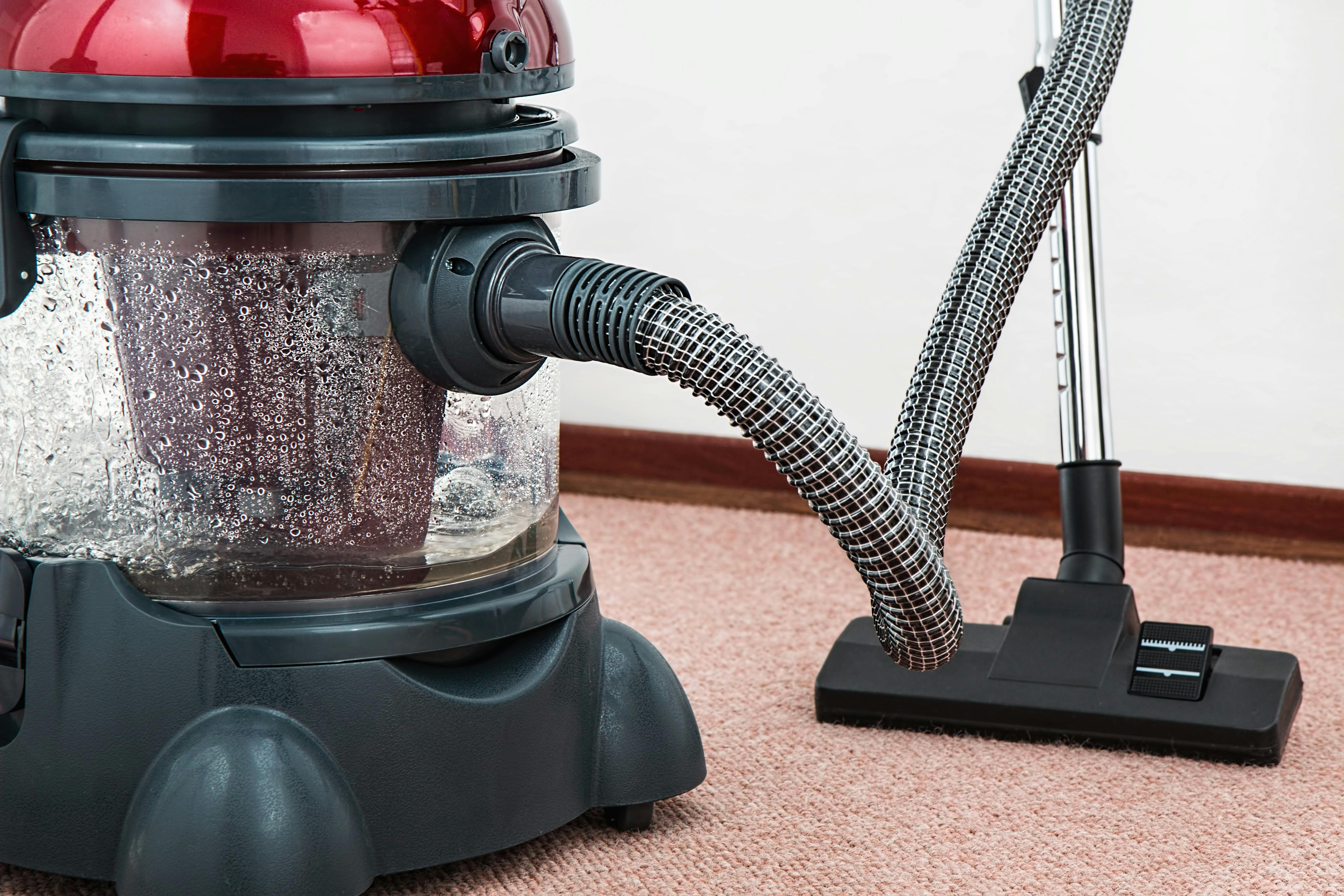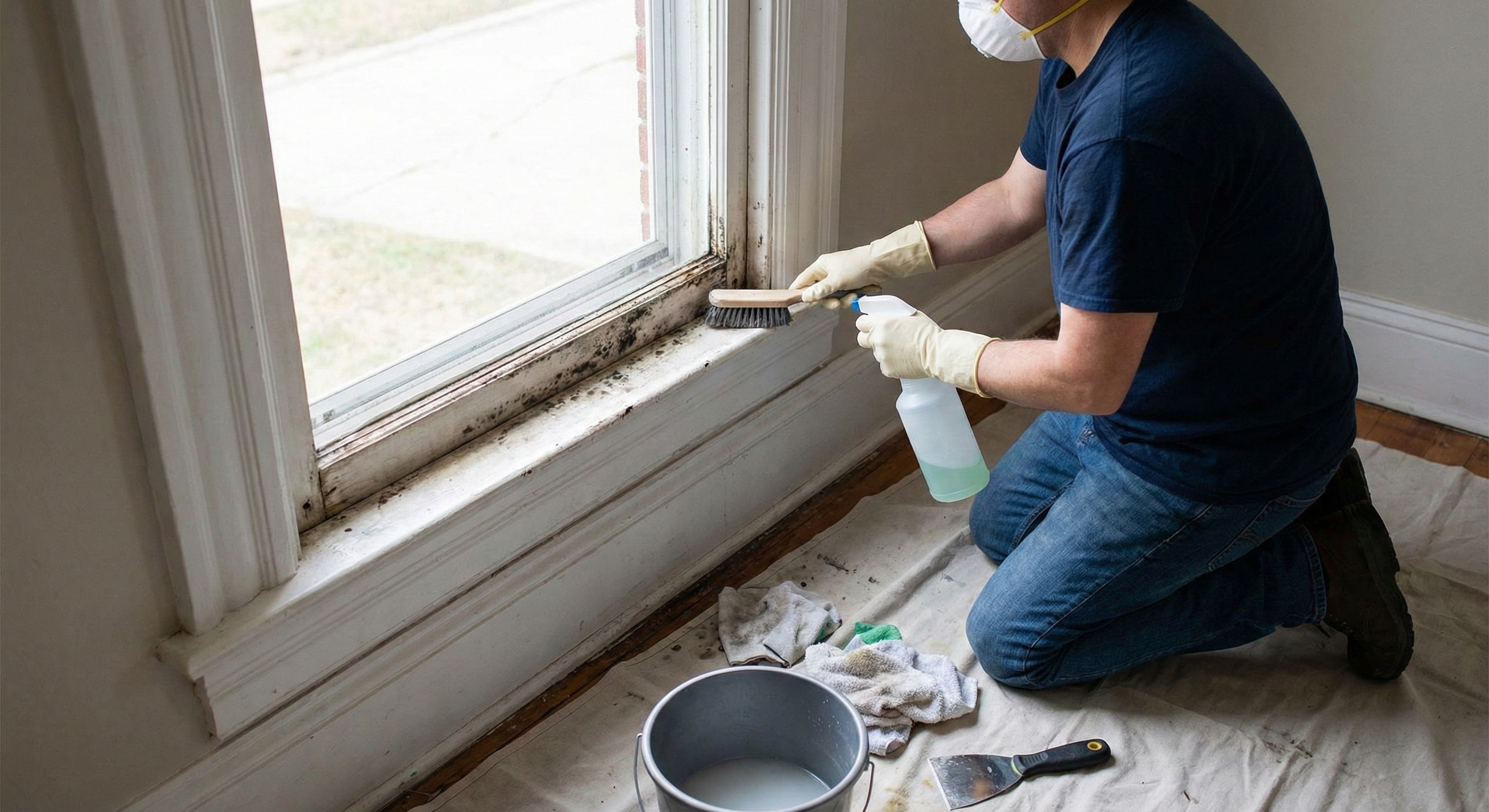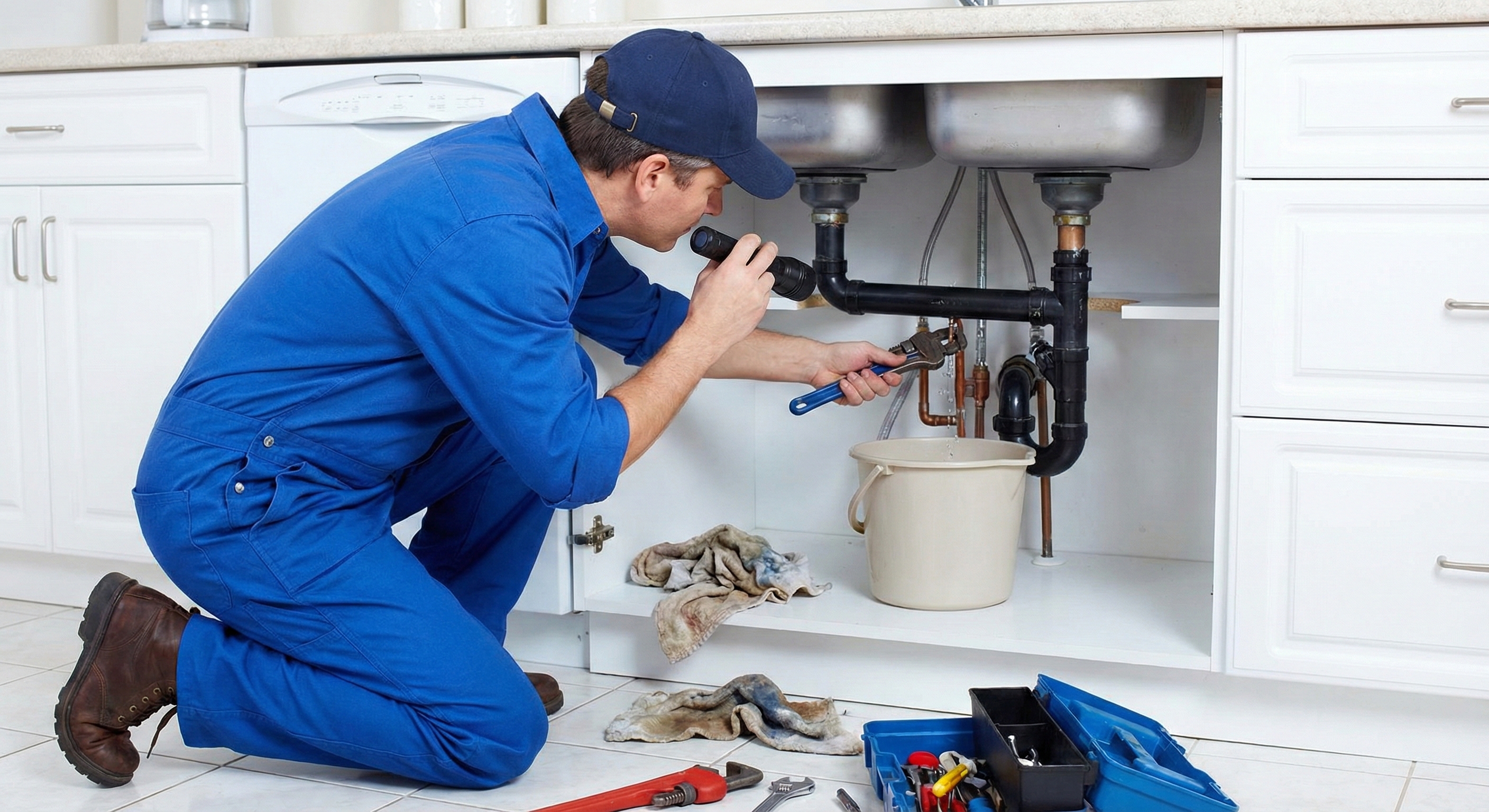Should I File a Home Insurance Claim for Water Damage?
Water damage can be scary. Whether it’s from a burst pipe, a leaky roof, or a backed-up toilet, you might be wondering: Should I file a home insurance claim for water damage? The answer depends on what caused the water damage, how bad it is, and what your homeowners insurance policies cover.
In this guide, we’ll help you understand when to file a claim, what to expect during the claims process, and how to avoid problems later. We’ll also show you how to protect your home and save money in the long run.
What Is Water Damage?
Water damage is when water causes harm to your home or personal property. It can ruin walls, floors, furniture, and even your home’s structure. There are many types of water damage, and knowing the source of water damage helps you figure out what’s covered by your insurance company.
Examples of Water Damage
- Burst pipes during a cold winter
- Toilet overflow or sewage backup
- Slow leaks under sinks or in the walls
- A roof leak after a heavy storm
- A water heater that breaks
- Flood damage from storms or rising bodies of water
These are just a few common types of water damage that homeowners face.

When Does Homeowners Insurance Cover Water Damage?
Your standard homeowners insurance policy usually covers accidental water damage—the kind that happens suddenly. This might include:
- A pipe bursts and floods your kitchen
- Your washing machine overflows and soaks your floor
- Storm roof damage causes water to leak into your attic
But homeowners insurance does not cover everything. Gradual leaks, lack of maintenance, and neglected repairs are often not covered. For example, if your shower has leaked for months and caused mold, that’s a maintenance issue.
If the water came from natural flooding or storm surge, you’ll need a separate flood insurance policy.
👉 Learn more about OC water damage restoration and how professionals can help.
Should You File a Claim?
Here’s how to decide if you should file a claim for water damage:
1. What Type of Damage Is It?
Ask yourself:
- Is it sudden water damage or a long-term leak?
- Was it caused by a covered peril, like a storm?
- Did it come from inside or outside the home?
If the answer is sudden and accidental, your insurance carrier will likely help.
2. How Much Will It Cost?
Check the repair estimates. If the cost of repairs is just a little more than your deductible, you may not want to file a claim. Insurance companies keep track of your loss history, and too many claims could raise your rate or make it harder to switch insurance providers at renewal time.
The average water damage claim can be thousands of dollars, but minor fixes might be cheaper to handle yourself.
3. Do You Have Extra Coverage?
Some insurance policies have additional coverage for mold damage, water backups, or extra living expenses. Ask your insurance agent about your policy terms and any personal property endorsement.
4. Is There a Risk of Mold?
Mold spores grow fast. If water sits for too long, it can lead to mold growth, which causes property damage and health problems. Many insurance companies require you to make temporary repairs to stop further additional damage.
If there’s a risk of mold, it’s better to act fast. A professional water damage clean-up company can handle efficient water removal and begin the drying process.

What Happens After You File a Claim?
Here’s what the claim process usually looks like:
- Call your insurance company or independent insurance agent right away.
- Take photos and videos of the standing water, type of damage, and any personal property affected.
- Make temporary repairs to prevent further damaging events (save receipts for proof of payment).
- A claims adjuster will visit to inspect the damage.
- You may get help from public adjusters or legal experts if needed.
- After review, your insurance company will offer a claim settlement.
You may receive a Loss Draft check to cover repairs or get reimbursement later depending on your policy—either replacement cost policy or cash value policy.
What If the Claim Is Denied?
Sometimes, your claim for water damage might get denied. This can happen if:
- The source of water damage was due to poor maintenance
- The issue was not reported within the allowed time frame
- The water came from flood damage but you don’t have a separate flood policy
If this happens, you can appeal the decision, get legal advice, or request help from a dedicated insurance agent for a favorable outcome.
Tips to Protect Your Home
- Install water alarms to catch leaks early.
- Regularly check major appliances like your water heater.
- Keep your roof in good shape to avoid roof leaks.
- Don’t ignore gradual damage or maintenance issues.
- Add water backup coverage and mold remediation to your individual policies.
By staying on top of small issues, you can avoid costly repairs later.
When to Call a Professional
If you see excessive moisture, bathroom tiles warping, or linoleum tile lifting, you might need a pro. A good water damage company will:
- Find the flow of water
- Handle hidden water damage
- Provide equitable repairs
- Begin mold removal if needed
- Restore structural integrity
Always choose a trusted team that’s experienced with your type of damage and familiar with the insurance industry.
👉 Need help now? Check out our OC water damage restoration services.

FAQs
1. Will my homeowners insurance cover water damage from a slow leak?
Most standard homeowners insurance policies won’t cover damage from a slow leak or gradual leaks. These are usually seen as a lack of maintenance.
2. What if my roof leaks during a storm?
If the roof leak is caused by a storm or another covered peril, your homeowners policy may pay for repair costs and water damage inside the home.
3. Can I fix the damage before the claims adjuster comes?
Yes, but only do temporary repairs to prevent more damage. Keep all receipts and photos as proof of loss for your insurance adjuster.
4. Does insurance cover damage from a toilet overflow or sewage backup?
Some policies include sump overflow coverage or separate coverage for sewage backup. Check with your insurance agent about this extra coverage.
5. Do I need a flood insurance policy too?
Yes, if you live near bodies of water or in a flood zone. Flood damage is not covered by standard policy and needs a separate flood insurance policy.
Final Thoughts
Filing an insurance claim for water damage can help you avoid huge bills—but only if it makes sense for your situation. Always check the type of water damage, your insurance coverage, and the total repair costs before filing.
If you’re dealing with water damage right now, don’t wait. Call your insurance provider, stop the water flow, and connect with a trusted water damage company to get started.
For trusted cleanup, restoration, and expert help with your claim, visit our OC water damage restoration page.
Visit your nearby local emergency responder or contact us today for more information.
Table of Contents
EXCELLENTVerified A straight up honest broker who knows his stuff. Excellent communication and very helpful problem solving our mold issuePosted onVerified Giving Eric a 5-star review, and we haven't even started any work yet. He came to gave us his professional opinion and quote to address a mold issue in our house. He is clearly very knowledgeable. His opinion was wildly different than the previous estimate we received, from an agency that wanted to charge us about 4 times as much. He did a much more thorough assessment, and explained his reasoning for why he felt that our issue wasn't as extreme as the previous agency. He even gave us some suggestions as to how we could address our issue on our own, if need be. He doesn't appear "out to get you"... there are a lot of companies that work off the "mold is gold" motto, but he doesn't seem to be one of them. If we end up going with him for the job, we'll update the review... but, I was just so happy and relieved with his approach, estimate, knowledge, and his overall professionalism. Glad there are still people like this out there!Posted onVerified Eric and his team were prompt and professional. From diagnosis through cleanup they were very thorough.Posted onVerified Above and beyond expectations. Eric and his team were not only helpful, kind, and relatable to our issues, they were extremely professional and reliable. Always answered our calls. Showed up on time with great attitudes. Respected our home. Most importantly, got the job done in a fast and timely manner. Can't recommend enough.Posted onVerified We had a leak under the kitchen sink and called another company first. We were told there is mold and they would have to tent the area to remove it and that we'd also need a whole new cabinet. Of course, it was pretty expensive and they said we couldn't use the kitchen for a couple weeks. Feeling it's always wise to get more than one estimate, I called Preferred Restoration as they had excellent reviews. Eric replied promptly and came out to look things over. He felt the mold wasn't bad enough to require a tent and also felt a whole new cabinet was not required. Needless to say, we accepted his estimate immediately and the work was done in a professional manner. (They don't do the carpentry work, but can make a recommendation.) I highly recommend Preferred Restoration. I believe it's an honest company with skilled professionals.Posted onVerified Eric the owner was great to work and keep me informed the entire time that the moisture was being removed from my home. Highly recommend Eric and his team for any job!Posted onVerified Right from the start I knew I was going to be in good hands with this company. The response time was super quick and getting Eric to come out to my home to assess the situation was quicker than expected. Eric was very knowledgeable and answered all my questions thoroughly. He took his time to listen to all my concerns to carefully address the issues in my home. He made a stressful situation feel less stressful and manageable. I definitely recommend this company and will contact Eric if needed in the future. Thanks again Eric!Posted onVerified We discovered a mold issue in one of our bedrooms and reached out to Preferred Restoration Services for guidance. Eric was extremely helpful in helping us navigate what needed to be done since we had no experience with this type of issue. He shepherded us through the process and helped us understand every step that needed to be performed. He referred us to a couple of contractors which we used for plumbing and testing and they were also excellent. This was helpful so that we didn't have to figure out who else we needed to work with and vet them as well. Everyone from Preferred Restoration Services was very professional, communication was excellent, and customer service was outstanding. We had a lot of questions and they were all answered very quickly. I highly recommend Preferred Restoration Services for any damage restoration needs.Posted onVerified Preferred Restoration is the best service in town! If you want quality, fair pricing & guidance, call Preferred Restoration! Ask for Eric, he is very helpful and quick.Posted onVerified We had an issue with a sewer line that leaked and potentially needed some soil remediation under the house. I gave Eric a call and made an appointment for the next day for him to come out and assess the situation. Throughout the process his communication was great and he was on time (even gave me a call to let me know he was on his way). He went above an beyond to even check inside the house for potential water damage/mold. We did not have to move forward with any remediation. I appreciate Eric's communication, thoroughness, and HONESTY. We will keep his contact if we need any work in the future. I highly recommend Eric and Preferred Restoration!



